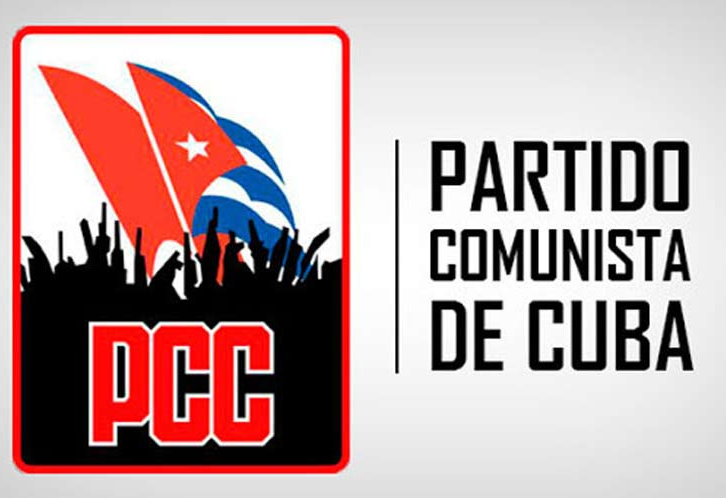The creation of the first Central Committee of the Communist Party of Cuba (PCC) 58 years ago is remembered on Tuesday as a primordial fact that consolidated the unity of the political body, vanguard of the Revolution.
On October 3, 1965, at the former Chaplin Theater, today Karl Marx, during the closing speech of the Congress of the United Party of the Socialist Revolution of Cuba, the then Prime Minister, Fidel Castro, urged the union of all political forces and social sectors in the PCC.
In his opinion, the creation of the Central Committee meant one of the most transcendental steps in the history of the Caribbean nation, which closely united the revolutionary people and achieved the highest degree of unity and organization around the political conceptions of the process of transformations initiated in 1959 on the island.
That day the historic leader also read the farewell letter that the revolutionary Ernesto Che Guevara left before leaving for the Congo and later to Bolivia, where he continued the struggle for the liberation and vindication of the peoples.
“There is an absence in our Central Committee of one who possesses all the merits and all the virtues necessary in the highest degree to belong to it and who, nevertheless, does not figure among the members of our Central Committee,” he expressed.
During his speech, Fidel Castro also informed about the merger of the newspapers Revolucion and Hoy into a single official organ of the PCC, under the name of Granma, in homage to the yacht that in 1956 brought the architects of the Revolution to Cuba from Mexico.
On October 4, the first issue of this newspaper was printed, with a circulation of 498,784 copies.
The Communist Party of Cuba is the organization that constitutes the highest leading political force of the Society and the State on the island.
The Constitution of the Republic, approved in 2019, defines it as “unique, Martiano, Fidelist and Marxist-Leninist, organized vanguard of the Cuban nation, sustained by its democratic character and the permanent link with the people”.


